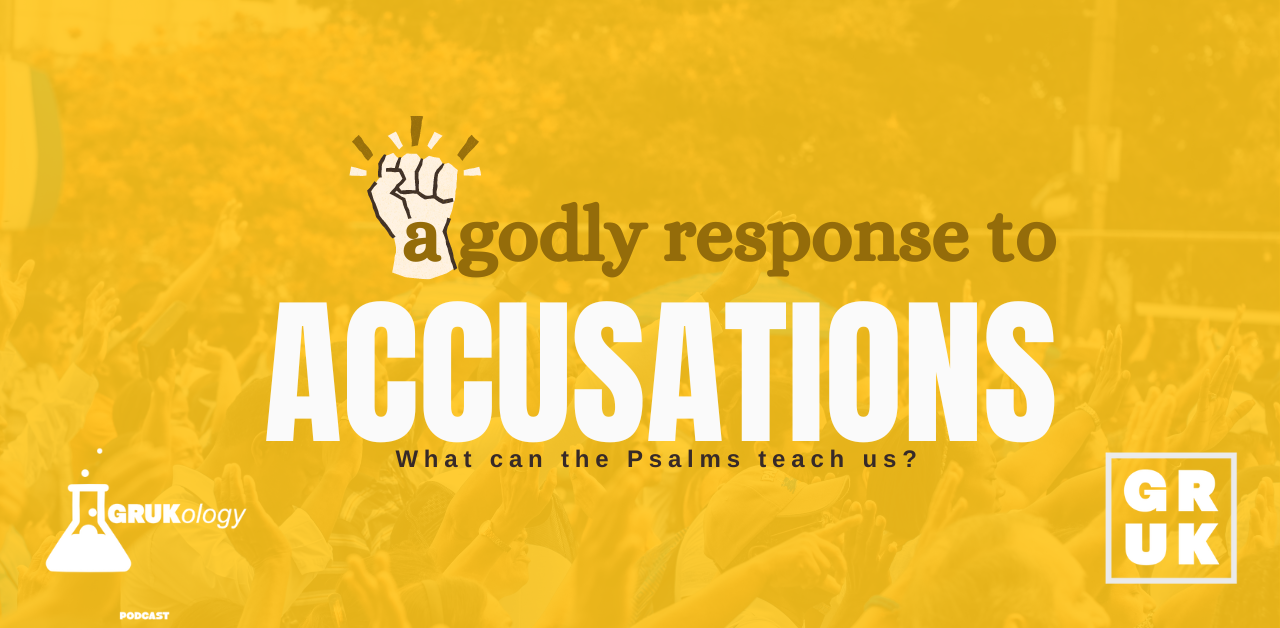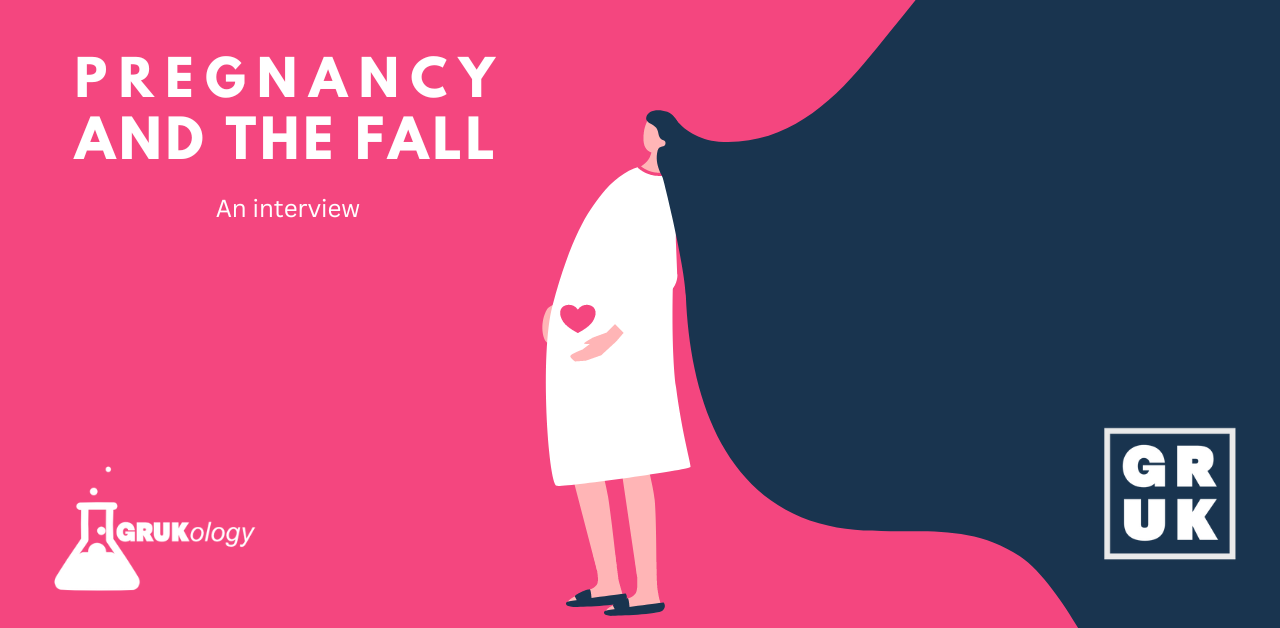Church-State Relations: A New Way
by Darren Moore
I feel that there is enough on the web about the relationship between Church and State and why in Church we really must/must not wear face masks. Some of it, from various points of view, has been stimulating. I have found sympathy with much of it. Some, well … was a bit ‘ranty’. I will leave it to you to work out which is which. But the time for talking is over. Since the start of July Churches in England have been able to meet again in person (at time of writing, November returned to lock down). Each week more are returning. As they do so the leadership has to work out all kinds of practicalities. Listening to friends from different denominations and traditions, from across the UK and beyond, the greatest challenge, often, has been their congregation. Todd Pruitt explained it well in this Venn diagram:
Amongst all the different opinions decisions have to be made. And entire congregations are not going to agree with them all. And some congregations will go about things differently. Meaning there will be an element of: ‘why cannot we do it like them?’
Whatever your views are, I think I can offer a new approach that side-steps some of the discussions, as important some of them are.
Face Masks and restrictions
Some people are anti-lockdown, anti-masks and anti any restrictions. I have always considered myself fairly libertarian. I am anti identity cards and security cameras, and I switch off anything that gives away my location on my phone and laptop (apparently the horse has somewhat bolted on that one). But, of late, I have felt rather big state compliant by comparison. How do those of us who think at least some measures were and are necessary respond to those who are anti-restrictions? And how should those offended by these restrictions respond to those who are more compliant?
Firstly, as I’ve said before: by all means express your own view, but drop short of accusing others. “Fearful and not trusting God” or “reckless and unloving” apart from not moving the discussion along also may not be true. Take a bit of the heat out. Do not let it get personal.
Secondly, act with lots of patience and mercy. Recently at Church we have looked at the Beatitudes and the Fruit of the Spirit. It may be obvious, but worth stating, our manner and our attitude is as important as our doctrine. If we have a sound, rounded Reformed doctrine of the Church, then we see this brother or sister as part of our body, for whom Christ died and is precious in his sight, the hear them out. We should be quick to listen and slow to speak (James 1:19).
Part of this is understanding the emotional and psychological toll this year has taken on people. Often we are not encountering people at their best. My French neighbour commented just before lockdown when there were no loo rolls in supermarkets: “The Brits are behaving like Italians and Italians like Brits!” Her psychologist husband said, “that is what happens when people are anxious”. Some response against face masks seems to be a grasping of control back, in a very similar way to how eating disorders work (interesting article here). Whilst most of us have been working from home or furloughed (with its stresses) some have had no change. For example: Medics, police, and the whole area of transportation (the first two having to endure people spitting on them). Part of their stress is trying to work out why, now the curve is right down, they feel that suddenly putting on a face mask seems ludicrous. I understand that. More cautious people need to see the world from their angle.
For those whose attitude is more anti-restrictions contrary to those who are more cautious - be patient. Going back to normal is hard for some people, even though they are keen to get out and about.
So what about a church’s policy? Well, it seems a moot point, as from 8th August what has been guidance (face masks etc.) will be mandatory. Scientific evidence about masks has been conflicting. So how do we decide?
I have a profound thought: why not wear them? There are a number of reasons to and (rarely) do the reasons against out weigh them. Westminster Larger Catechism 134-136 applies the sixth commandment - “you shall not kill”. As ever with that section of the WLC, it is expansive about caring for others and ourselves in quite general terms. The interesting thing about face masks is that everyone seems to agree they offer little protection to the person wearing it. However, they seem to offer quite a bit more to those near the wearer. When everyone wears them (arguably) they are effective. There are a number of issues with Covid-19 where it appears the way through is to consider others before ourselves. Now, where have we heard that kind of teaching before? Saying, “I’m not fearful, I don’t need to wear one” is not the point. You wear it for others. Even if it’s only to give them that little bit of extra confidence to come out to Church.
The Weaker brother
Christian conscience and the weaker brother issue is very serious. However, it is not a Christian ‘Get out of Jail’ card that trumps all other arguments. Notice how Paul addresses his readers: you who are stronger, be mindful of the weaker. Each of us should consider themselves strong, being mindful of the weak. With face masks, those who think we should wear them believe so because of the community health benefit and the law. They may be totally mistaken, but to not wear them feels like an unnecessary risk. They could stay away from church over it. Those against feel it is a way of silencing us. Do you honestly think that is where your church leaders are taking you? Is this really irreversible? If it continues, maybe we will re-think. For the sake of your possibly misinformed poorly risk assessed brother, could you see it to put on a mask for an hour?
This relates to an extra element that I add to risk assessment - the ‘faf factor.’ A risk assessment looks at the likelihood of an accident against the seriousness of it. I add the ‘faf’ of mitigating. Something extremely dangerous is worth the hassle to take safe steps (sky diving etc.) With other things the risk is so low it would be outrageous to take precautions. But some are so easy to do it seems daft not to. I usually wear a cycle helmet, although I think the risk is very low, but the hassle of putting it on my handle bars ready is minimal. I also do it because when I was a student in London I had enough crashes that new cycle helmets featured in my budget and my Mother-in-law worked on a neuro ward. I no longer have a choice. The risk of Covid is pretty low, by my reckoning, but the ‘faf’ of a face mask is very low indeed. And I speak as someone with very small ears, so they drop off, and a beard, so it gets warm.
The exception: if the congregation is overwhelmingly together on not wearing them, it is a different matter.
Relating to the government
There was a compelling article by John MacAurther and an excellent response drawing out some missed nuances by Jonathan Leeman. You find yourself reading one and thinking, “exactly”, then the next, “oh yeah”. I think however we can side step this discussion.
Don’t get me wrong. I affirm WCF chapter 23. The government has no authority in the church. It is sad that our government neither understands this, nor even the history of state-church relationships. That the even the Church of England, with its odd arrangement to the government still is not Erastian as such. Let alone does it understand our rich non-conformist history. I am not comfortable with the government telling us to do anything. (Although it is worth noting: we follow building, fire and food and hygiene regulations; we do not harbour criminals and pay tax as an organisation).
But must we always resist? Our government is not perfect (that is an English understatement). Most think they have made serious mistakes regarding Covid. Although much of that is with the benefit of hindsight. However, clearly, they are trying to do just what governments are meant to do - protect us. Even if they are getting things wrong.
Perhaps a better response is to work with the government in minimising infection and offering ways to help rather than kicking and screaming. There are places where the government is trying to brutally oppose the church (Jesus said something about that, turns out it will not ultimately work). We are not there yet here.
Rather than resisting and being made to do things, we should be offering to fight the virus and help the poor, needy and afraid. It is right to not accept everything the government says as gospel. It would be far better if the government asked and consulted rather than decreeing. It is right to be thought through about state-church relationship. Robert Strivens writes helpfully in regards to our current state here. I agree with him. There is a time for civil disobedience. But, now probably is not it.











